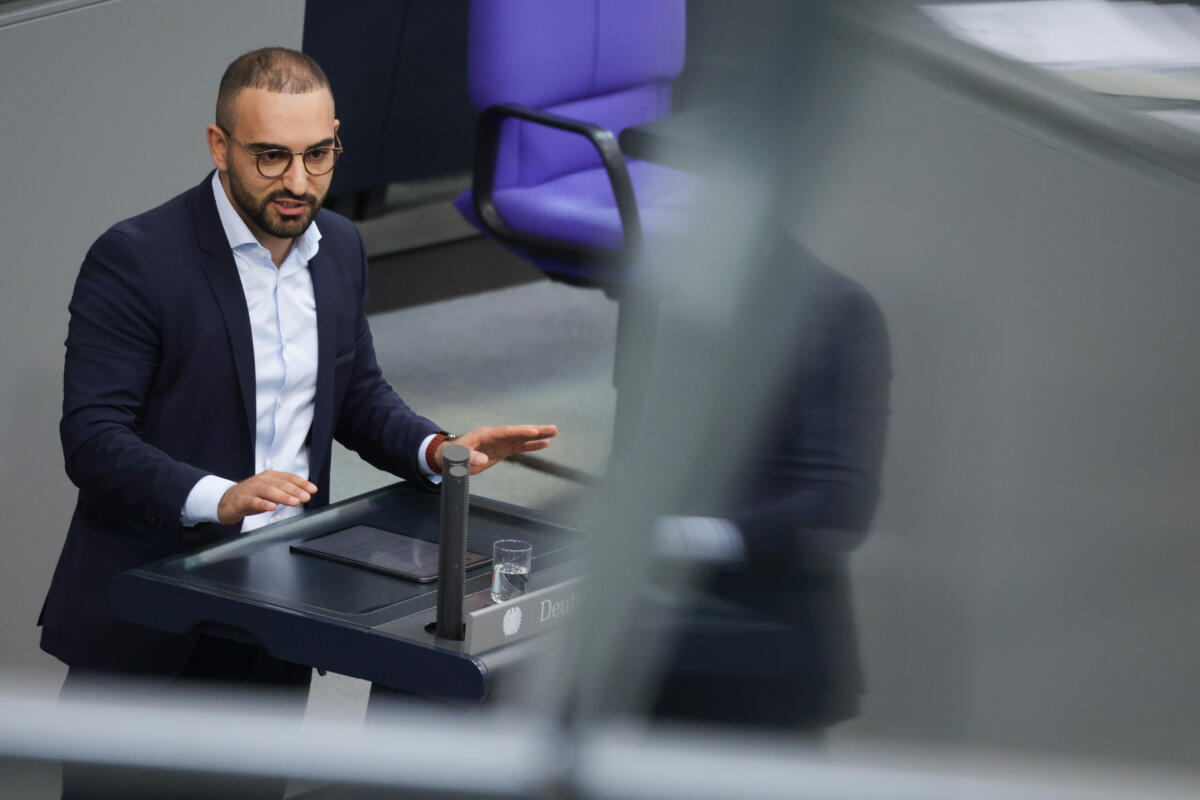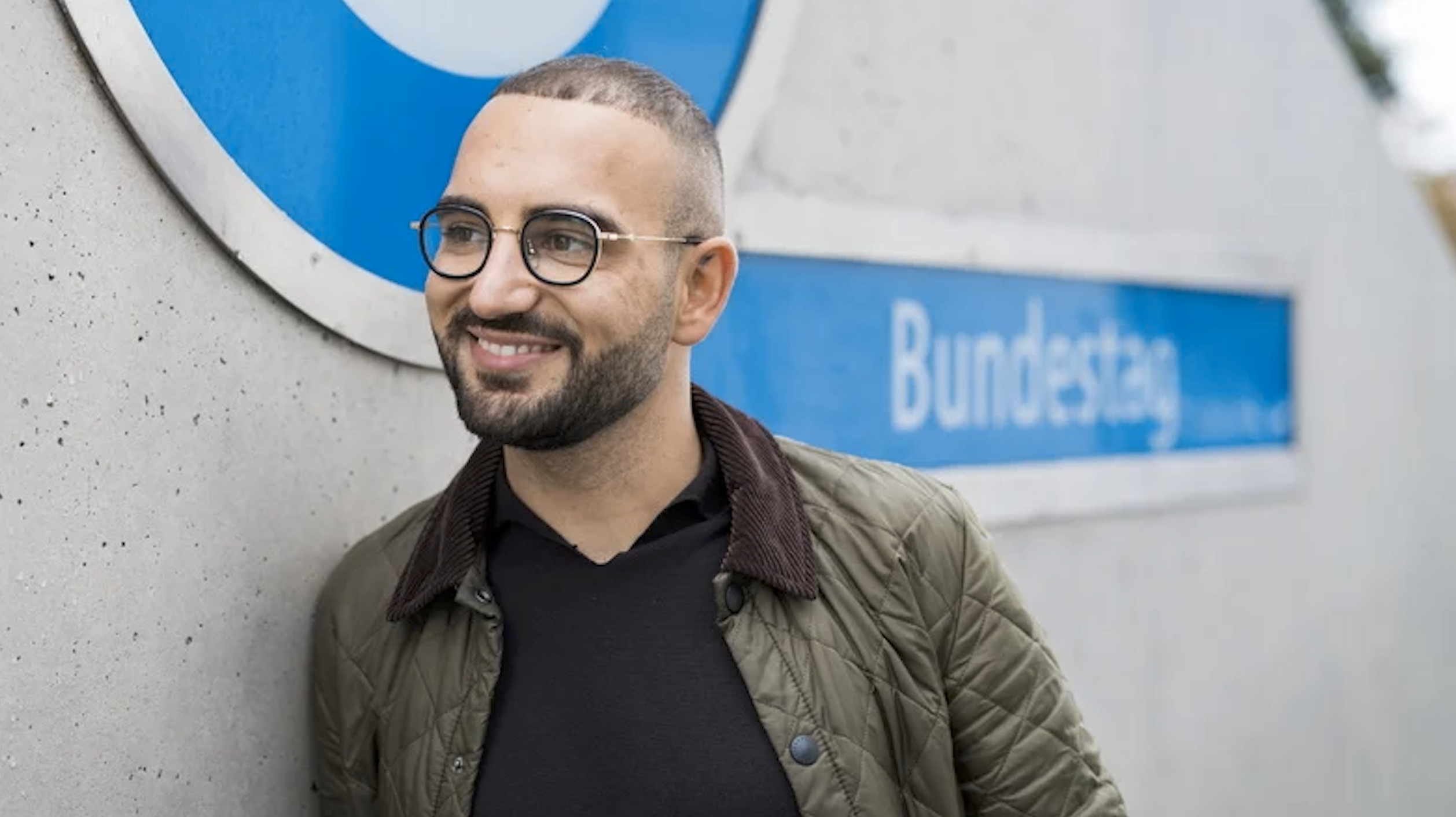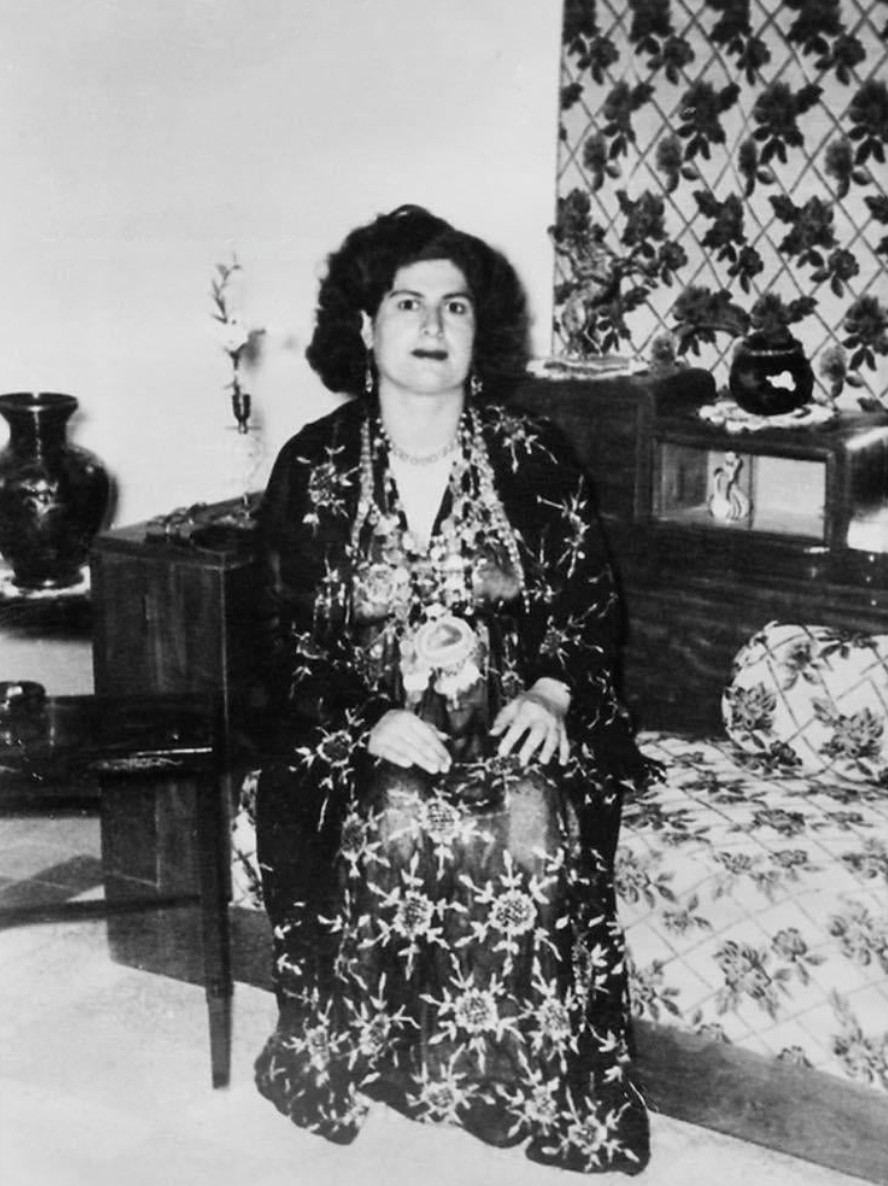In this interview with Kassem Taher Saleh, a German-Kurdish Member of Parliament, the focus is on his official visit to the Kurdistan Region in June 2022 and his vision for German-Kurdish relations.
You visited Kurdistan in June 2022, accompanied by your colleague in the Green Party and the Bundestag, Max Lucks. To start, what can you tell us about this visit? Was it an official visit or for tourism and educational purposes?
It was an official visit with of two Members of Parliament (MPs). As members of the committee for human rights and humanitarian aid, we chose to pay our first visit to the region of Kurdistan, where we met with representatives of the autonomous government, non-governmental organizations, German institutions, etc. It was my very first trip as MP and was very important to me as a Kurd to travel to the place I was born.
How did you see Kurdistan? Do you have a particular vision for the development of German-Kurdish relations?
I see lots of potential and achievements but also many obstacles. There must be more economic perspectives for youth incorporated into them. Meanwhile, climate change causes droughts. These two things present an opportunity: the region has a high economic potential for solar power and could start businesses in this field and create opportunities for youths.

In the Ninth Cabinet of the Kurdistan Regional Government (KRG) under the leadership of Prime Minister Masrour Barzani, the issue of the environment has become the center of attention. Since you are an organization that is known on a global level for your interest in the environment and your efforts to protect it, do you have any recommendations for the KRG in this regard? How could it protect the environment and reduce pollution?
Yes, the climate crisis must be the center of attention around the world, but especially in such a dry region as Kurdistan. Water management is of utmost importance. Investments in drip irrigation and other modern forms of agriculture should be made. Another field is energy production, which should transform from fossil fuels to renewable energy sources, most importantly solar.
The question of identity is of central importance in Germany, with integration a priority of the German government. As an integrated Kurd, how would you explain the story of your integration to the point of entering the German Bundestag? Can a person’s original identity become an obstacle for them to realize their ambitions in the country to which they emigrate?
Germany has not yet entirely realized that is has become an immigration county. Racism is still a big problem for migrants. It is harder for children from migrant communities to achieve success in higher education and find well-paid jobs. Therefore, I had to struggle twice as hard to reach my goals. Luckily, there are many organizations and institutions that aim at supporting kids from poorer backgrounds, for example with scholarships. This helped me tremendously.

There is a large, heterogeneous Kurdish community in Germany, which comes from several Middle Eastern countries. Based on your experience, do you see hope that the Kurds will become an electoral weight in Germany in the future? How can the members of this community maintain a balance between their national German identity and their own culture? Are there obstacles on the way to this balance?
I think this is a highly individual question and depends on many factors. In general, it is important that people feel that their votes count and contribute to positive change with regards to their respective political goals and requests. So far, the German political landscape has not been as diverse as it could, and I can imagine that many Kurdish-Germans have not felt properly represented due to the lack of politicians with a similar background. I hope that other MPs and I with minority background can contribute to a more representative political field that feels more inviting for potential voters, but also for additional Kurdish-German politicians, be it on the local, state, or federal level.

